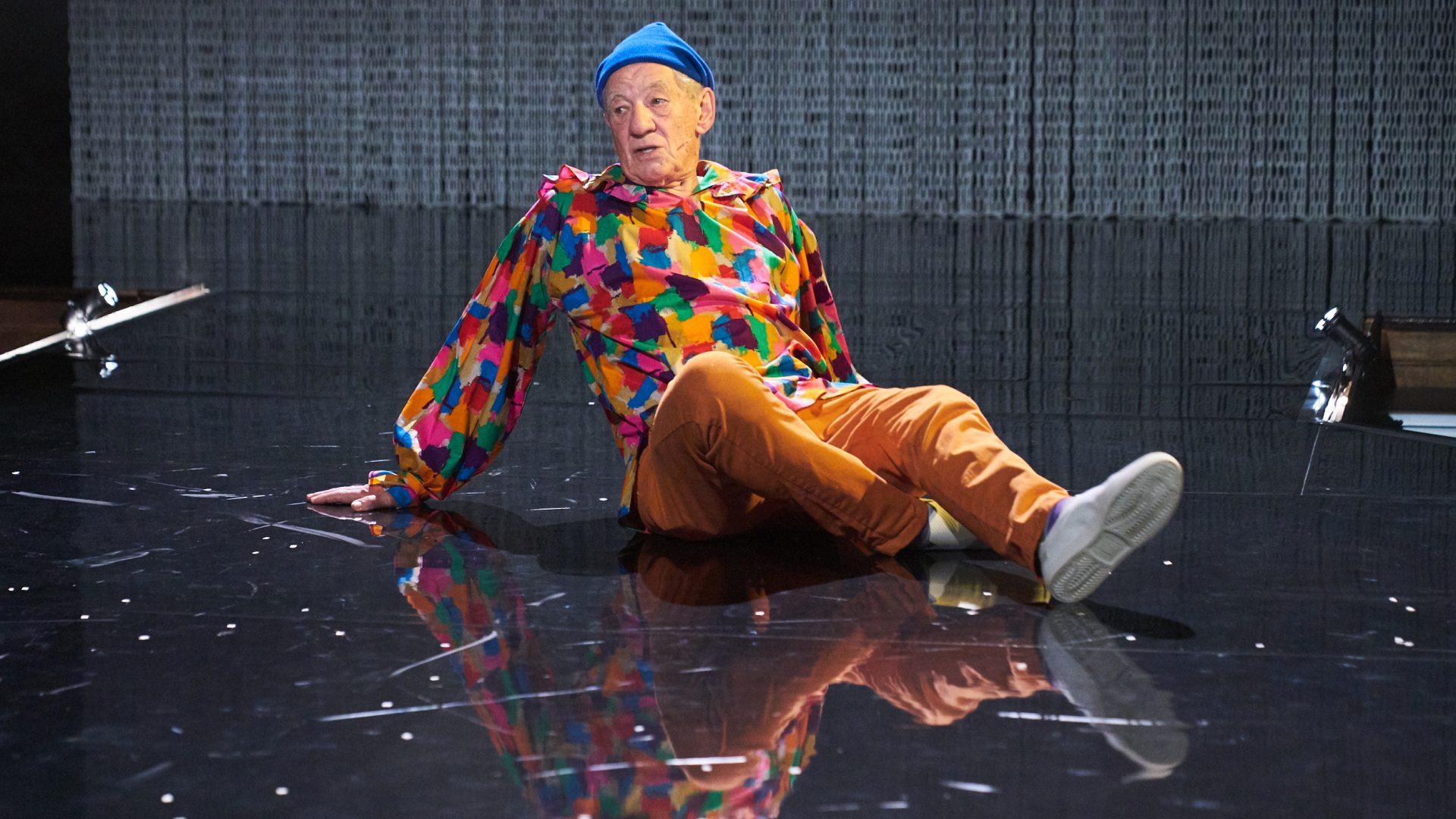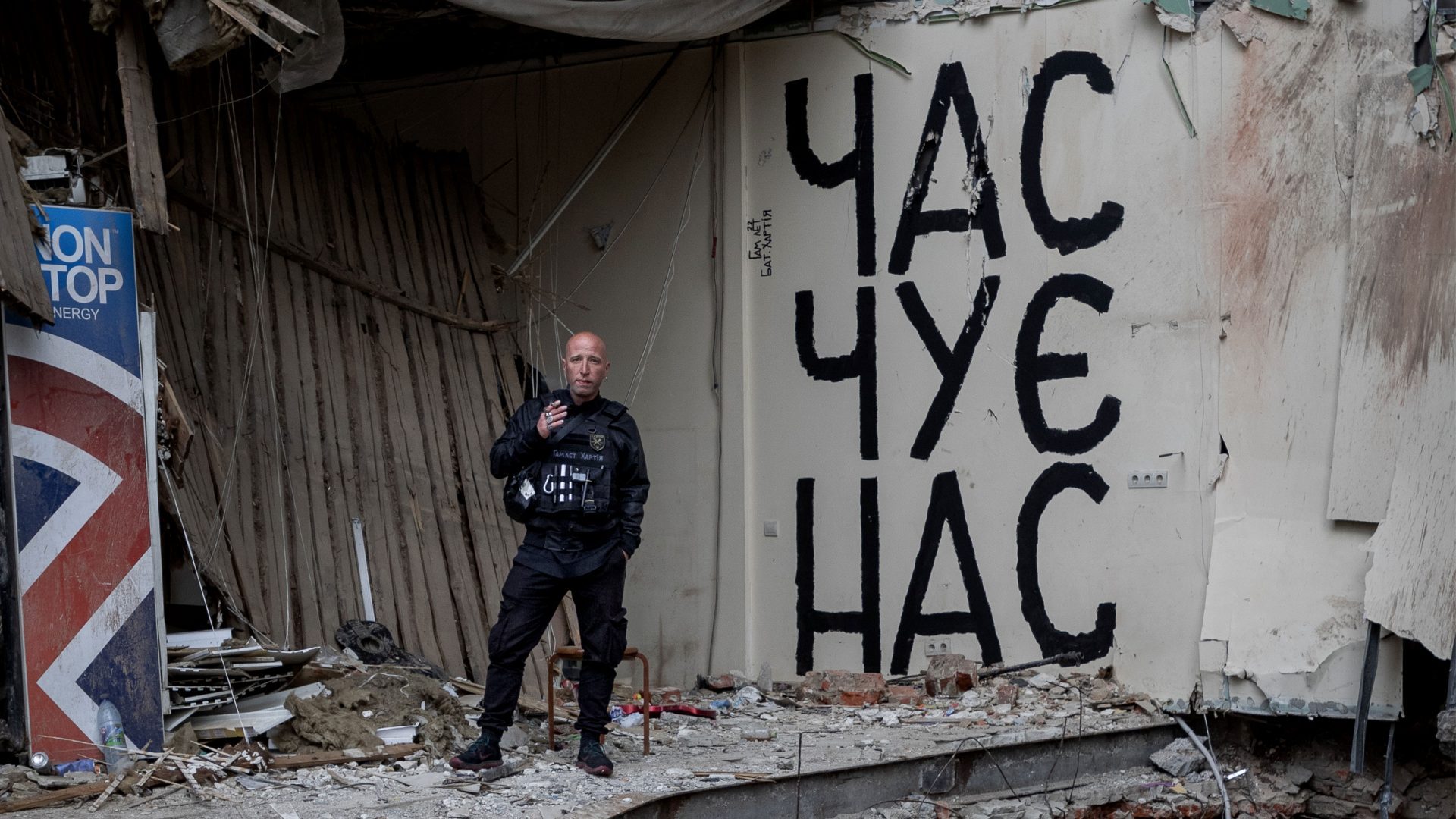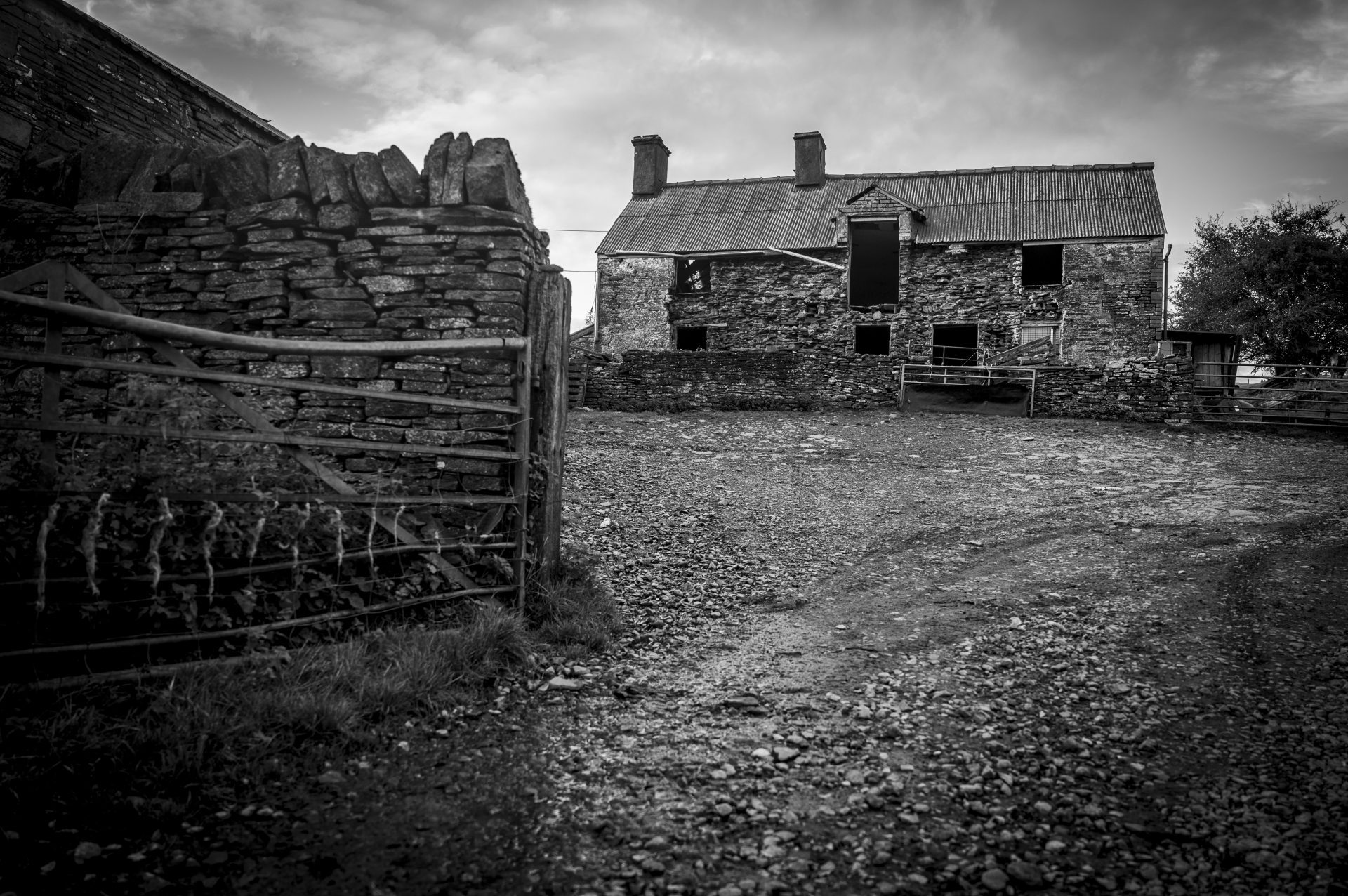At the age of 83, Sir Ian McKellen is the star turn of this year’s Edinburgh fringe with his Hamlet (Ashton Hall, Saint Stephens, until August 28).
As ever, our greatest living actor is not afraid to ring the changes, and, in
this collaboration with Peter Schaufuss, he reacquaints us with Shakespeare’s great tragedy with the help of the Edinburgh Festival Ballet. It’s an exhilarating spectacle to be sure, but it’s McKellen’s presence and lived-in but mellifluous voice that makes it special.
He enters unobtrusively, taking his turn in a queue of fellow performers,
walking on to the majestic octagon set in what appears to be some elaborate
satanic ritual.
The piece stresses the ghostly aspects of the play – delivering on Hamlet’s
warning to Horatio that “there are more things in heaven and earth” – and
there’s a mystical, dreamlike quality to the dance routines that are performed around McKellen, most notably by his alter ego, Johan Christensen.
It’s such a clever conceit as it brings alive so many of the words and even
makes us see them afresh. Hamlet’s “what a piece of work is man” soliloquy,
for instance, takes on a daring homoerotic quality as McKellen utters them as Luke Schaufuss dances before him.
The piece is in turns dark – McKellen’s “to be or not to be” sounds more than
ever like a man contemplating suicide – and charmingly playful. The actor plays catch with Yorick’s skull, his outfits are constantly changing to reflect his mood and on occasions he watches the proceedings from a regal chair placed among the punters.
If sometimes it feels like Shakespeare’s greatest hits – one familiar speech after another – it still works because McKellen delivers them all so wonderfully.
This man gracing the fringe with his presence could not of course be more
welcome this year. I’ve spoken to a great many of its key creatives up here
who fear the event is facing its gravest existential crisis in its 75-year history.
The hangover from the pandemic, sky-high accommodation costs and what William Burdett-Coutts, the artistic director of the assembly, has described as a woeful lack of preparation by the Fringe Society have together created a perfect storm.
Still, at least for now, the fringe still has something for everyone, not least
comedy. It occurred to me watching Grace Campbell: A Show About Me(n) (Gilded Balloon Teviot nightclub, until August 14 and then from August 16-29) that it has for too long been deemed acceptable for male stand-up
comedians to make jokes about their sex lives, but a lot less so for women.
Grace’s show could not honestly be more vulgar or offensive, but it’s also, in its own way, ground-breaking. It has about it, however, the quality to be found in all great performance and writing, and that is to say it is fundamentally honest. Grace’s references to her father – my esteemed colleague Alastair Campbell – made me feel as if I was eavesdropping on intensely private family conversations, but if it made me feel uncomfortable that was clearly the intention.
All stand-up routines turn ultimately on whether the audience warms to the
performer and it’s impossible not to warm to this one: loud, but also very
vulnerable. So much depends, too, on the audience. When Grace asked if
there were any people in the audience who had lately split with their boyfriends, a lone woman from the United States put her hand up and related how she had planned to come to the fringe with hers, but after they
broke up in recent weeks she decided to come anyway on her own. She was
charmingly good-humoured about it all and was warmly applauded by the
typically supportive audience.
Of course, Les Dawson made his career doing these kinds of stand-up routines in the days when it was an exclusively male preserve. Jon Culshaw’s
show Flying High (Assembly Rooms, until August 29) of course boasts some
witty one-liners, but ultimately I wasn’t sure if I entirely bought into the idea of Culshaw as Dawson.
He could either have sought to give an acting performance or an impersonation. I am not sure he’d entirely decided which was the best option and the tuxedo on its own wasn’t quite enough.
Rosie Holt: The Woman’s Hour (Pleasance Courtyard, until August 15, and then from August 17-29) is a wonderful showcase for the woman that the pandemic turned into a sensation with her hilarious but also chilling realistic takes on a dissembling rising Tory star.
Another gem is Looking for Me Friend (Assembly Rooms until August 28), a
joyous celebration of the music of Victoria Wood and how unifying a
personality she was in her all-too-short life. It’s presented as a cabaret by the
excellent Paulus, accompanied on the piano by Michael Roulston. It ends with a rousing rendition of Wood’s signature tune The Ballad of Barry and Freda. It’s a tall order capturing something of the spirit of that late, lamented performer, but Sarah-Louise Young’s production achieves it magnificently.




